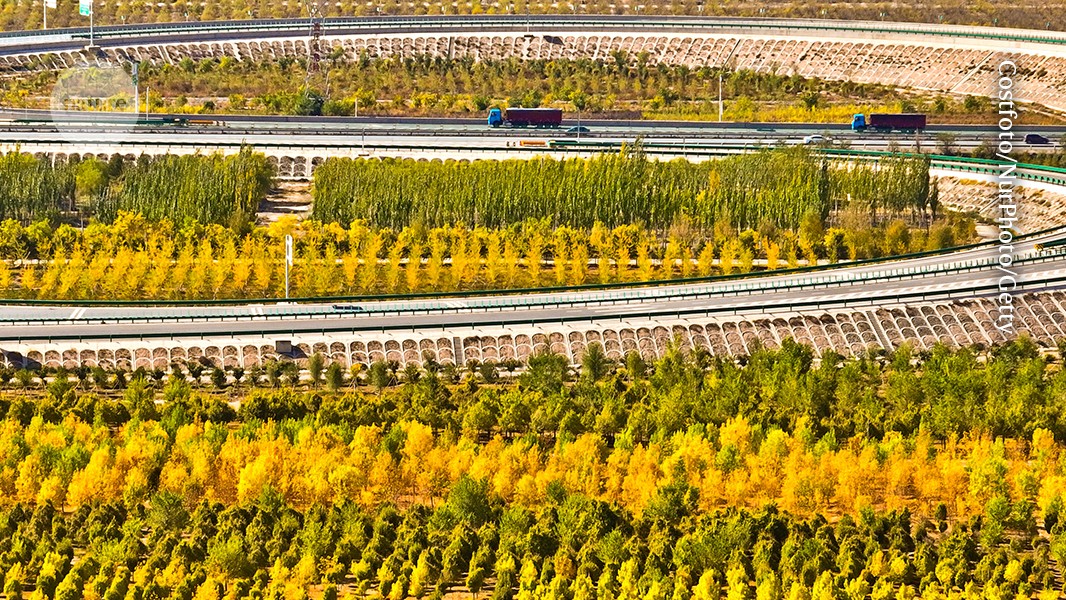
"An economist might celebrate a nation achieving record economic growth on one day, yet overlook a coral reef lying bleached and lifeless on another. This contradiction must be challenged, writes economist Partha Dasgupta in his elegant account of why the global economic system is exploiting, rather than sustaining, life on our planet. On Natural Capital recaps the roaring economic advances of the past 75 years, including improved life expectancies and education and fewer people living in poverty."
"Dasgupta starts by vividly portraying the essential workings of Earth's life-support systems and how living processes regulate the climate, replenish soils and sustain food webs. He notes that one-third of the planet's remaining wetlands, which are crucial for filtering nutrients, providing flood protection and storing carbon, have been lost between 1970 and 2015 owing to infrastructure construction, urban expansion and other human activities. He also describes how deforestation can create savannah-like conditions in parts of the tropics, because the disruption of moisture-recycling processes decreases rainfall and ecological productivity."
"Next, Dasgupta examines why economic principles have long treated nature's functions as background scenery. He explains that this omission is rooted in the mid-twentieth-century origins of growth and development economics, in which economists constructed models that explained output using only human labour and skills, and physical goods. This was a reasonable assumption back when natural resources seemed abundant, the world wasn't pressing against planetary limits and forests, soils and fisheries seemed too plentiful to constrain growth."
The past 75 years delivered notable economic gains, including longer life expectancy, wider education and reduced extreme poverty. Much of that progress rested on extracting and degrading ecosystems, creating an ecological debt that conventional accounting omits. Living processes regulate climate, replenish soils and sustain food webs, yet vital habitats have been lost or altered. One-third of remaining wetlands vanished between 1970 and 2015, reducing nutrient filtration, flood protection and carbon storage. Deforestation can disrupt moisture recycling, lowering rainfall and productivity. Mid-twentieth-century growth models excluded nature, treating natural functions as background and overlooking planetary limits.
Read at Nature
Unable to calculate read time
Collection
[
|
...
]